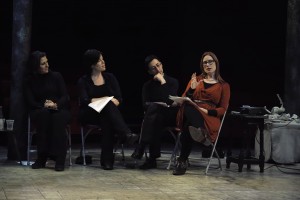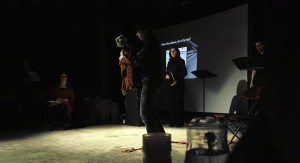The University of Bristol’s one-year intercalated BA in Medical Humanities (iBAMH) is the only degree of its kind in the UK. It gives around a dozen students from Medicine (and sometimes from Dentistry and Veterinary Sciences) the opportunity to study literature and philosophy, and to look at medical practice from the perspective of those disciplines.
The end results of the course are various, as the students talk of them. Some talk of having gained a better cultural understanding of medicine, of its history and institutions; some of having changed how they think about what constitutes medical evidence; and some of having found some new tools with which to understand and interact with their patients, and with their own responses to their patients and their patients’ sufferings.
Most of the students time is spent, as might be expected, studying academic classes. But alongside these is the Oakhill programme. This part of the course is more free-wheeling; for a programme director, it has the great advantage of having a structure flexible enough to take advantage of opportunities as they come along.
One such opportunity arrived in 2013, when Wattle and Daub got in touch with us, wondering whether we might be able to work together. It sounded a great opportunity for the students, and a schedule of meetings was devised whereby the students would help with medical aspects of the development of the opera.
Tarraré’s case history is fascinating, but the real interest of the meetings lay in the way in which ‘other’ Tarrarés quickly emerged as the case history was juxtaposed with dramatic staging which was in turn influenced by the musical and vocal scores. The different ‘treatments’, in other words, produced different subjects, all of whom are versions of the historical person. Which might be most helpful to Tarraré? Which to us? And what if that ‘us’ is an audience of patients? or doctors? For the iBAMH, seeing the opera take shape was to gain a richer sense of the possibilities of dialogue between medicine and the arts.

